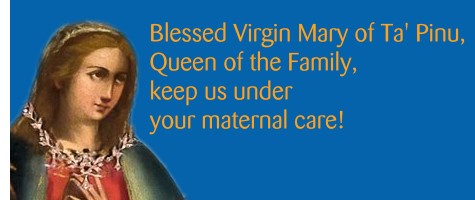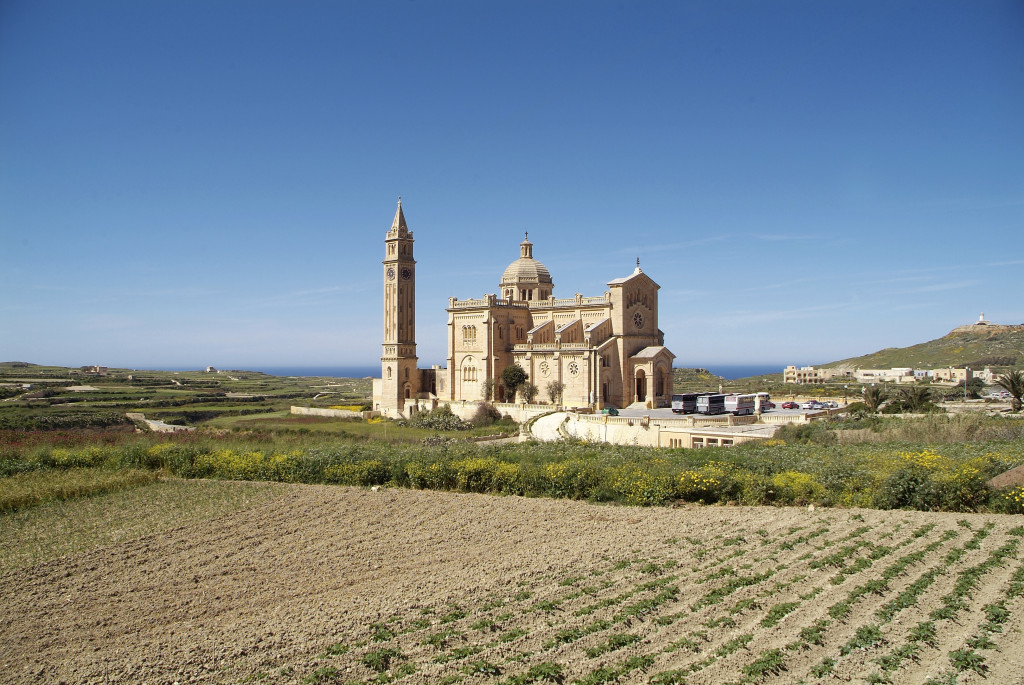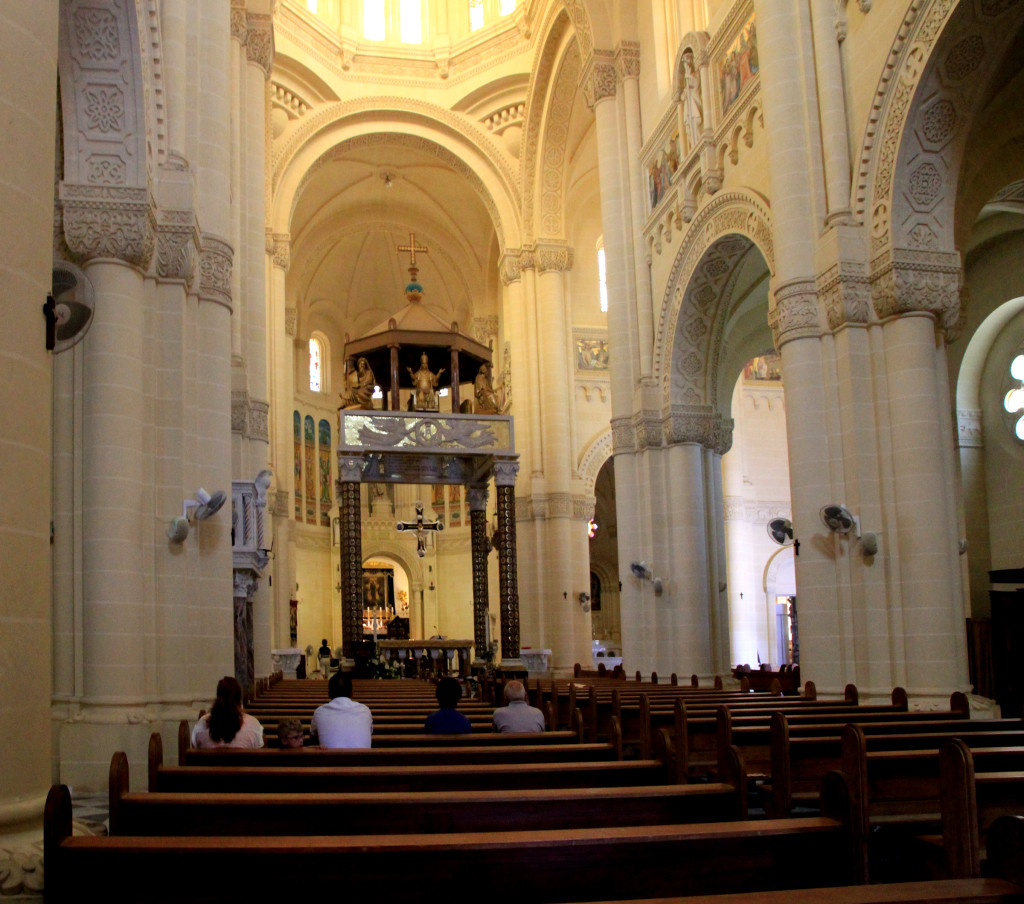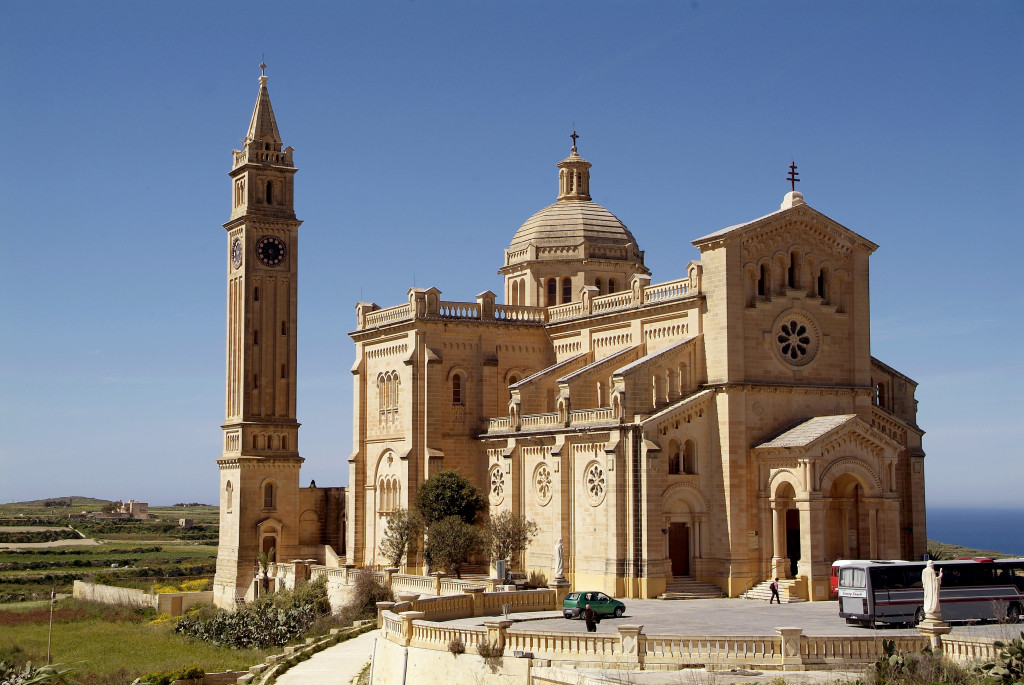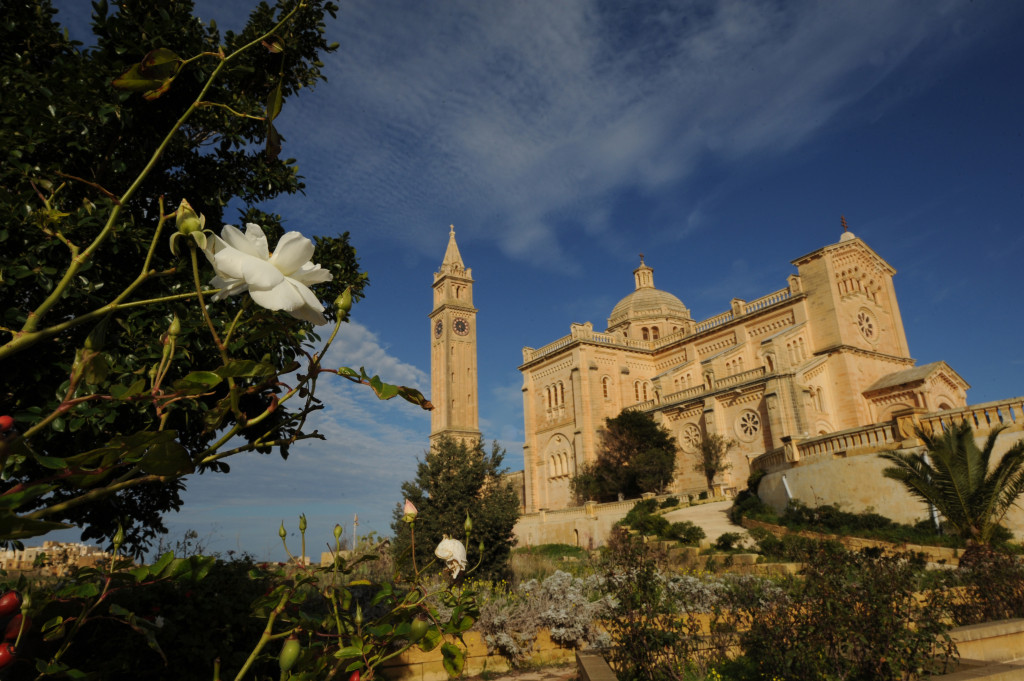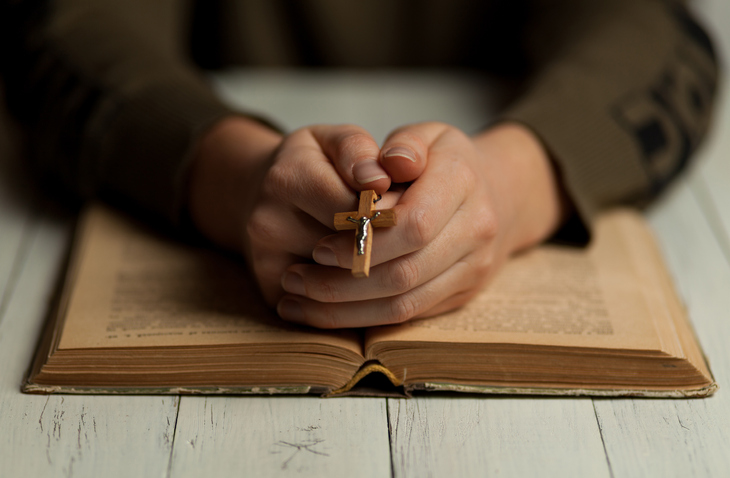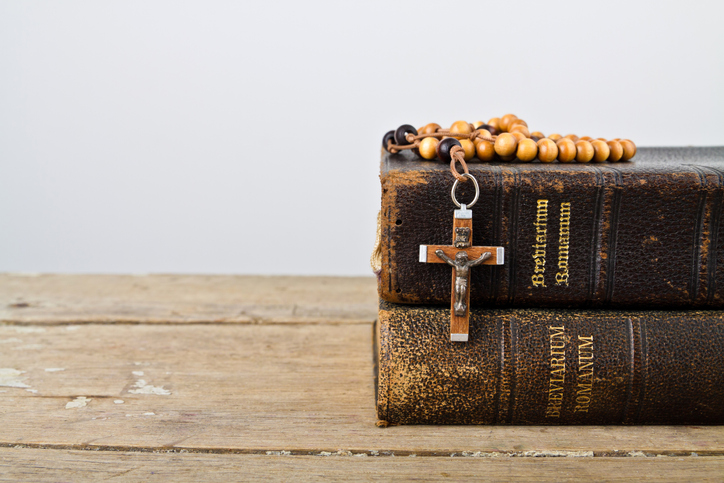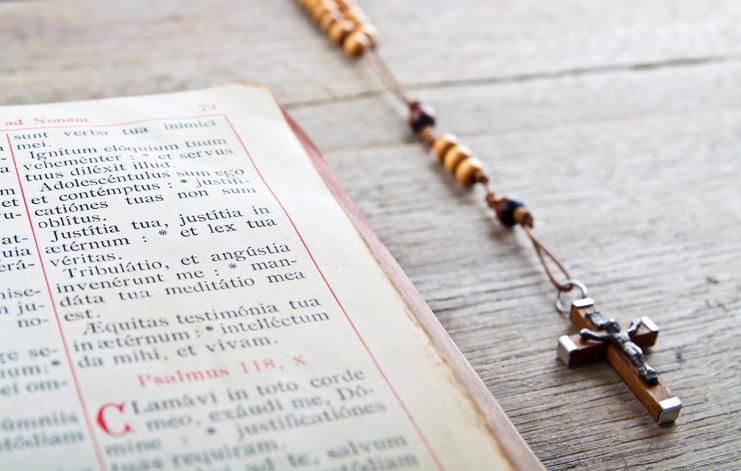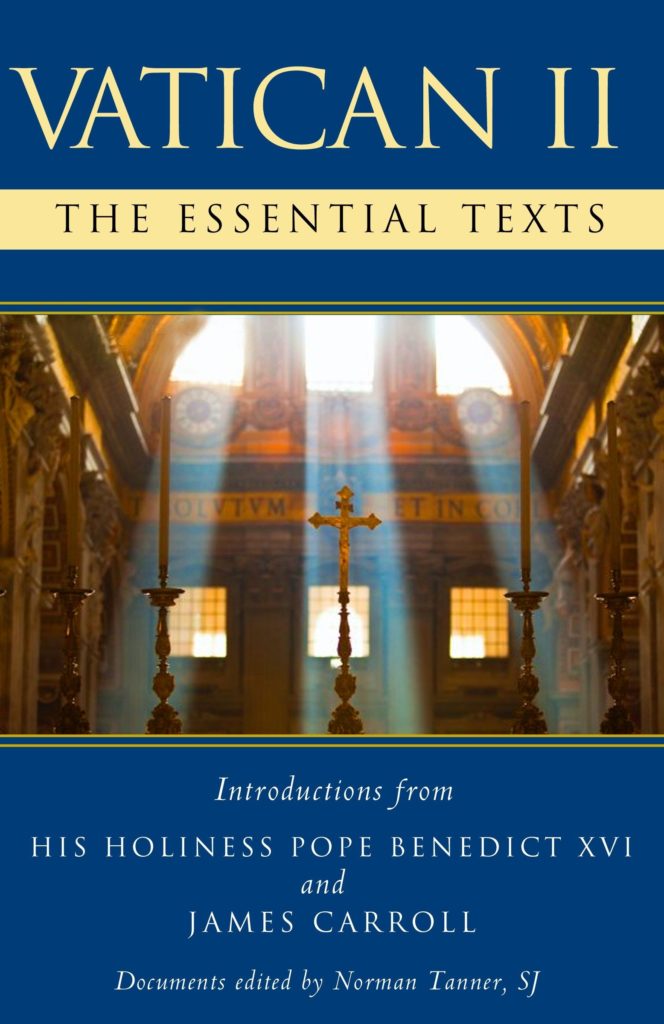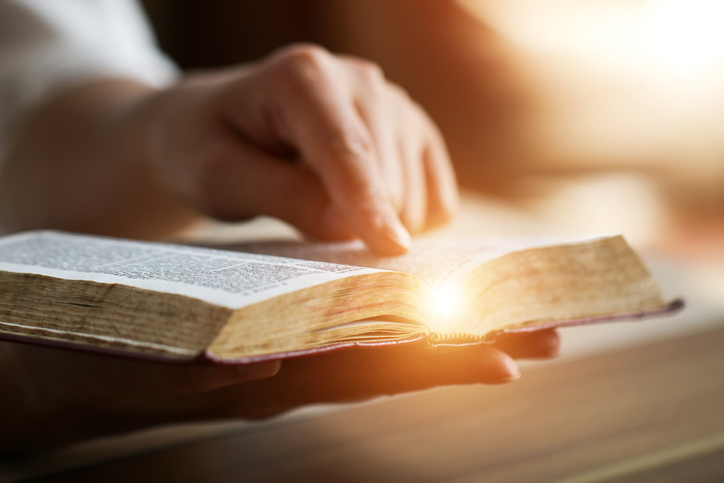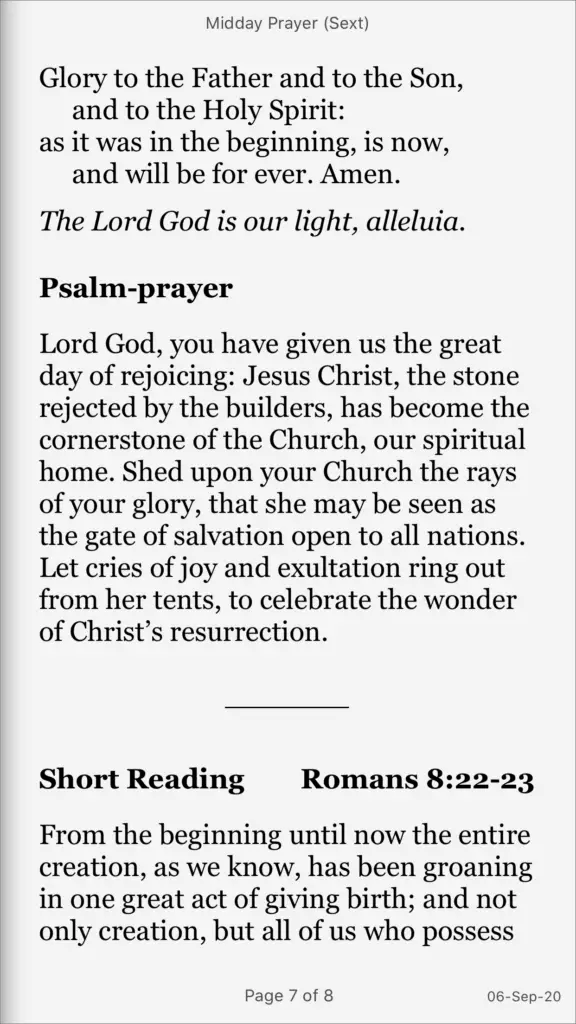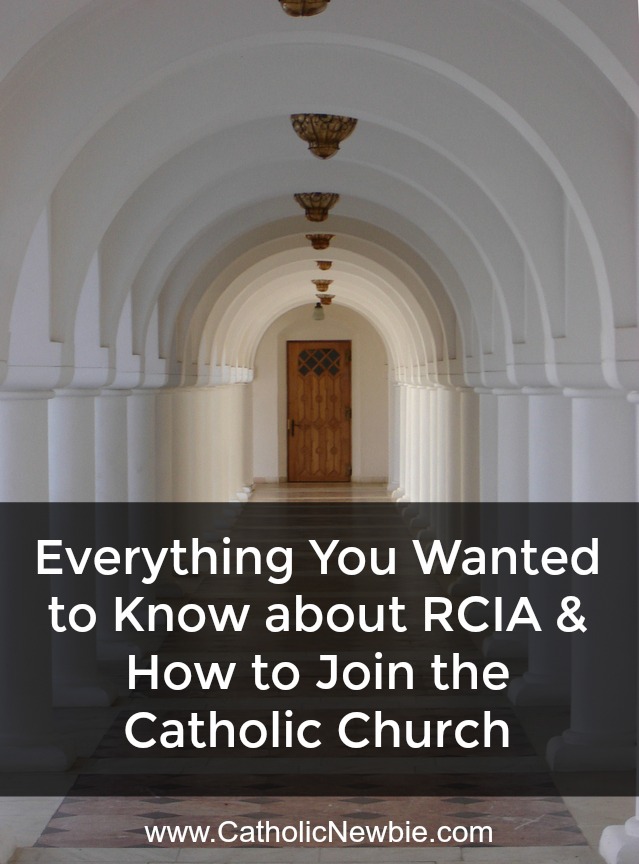In October 2020, my friend, Father Christopher Roberts, passed away in a tragic accident, at the age of only 41. He was currently serving as pastor of St. Paul Catholic Church in Marion, Indiana.
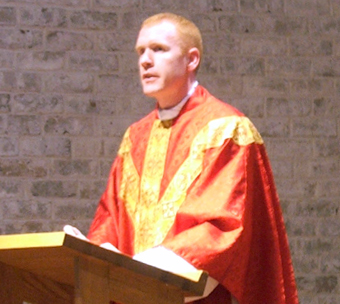
I have known Father since before my conversion to Catholicism in 2013, and he was a key catalyst on my growth as a Catholic. To count him as my friend and a kindred spirit was a great blessing and gift from God, as he was certainly one of the most holy and brilliant humans I have known.
I want to share my personal experiences with him to demonstrate in one small way, through his actions in my life, the depth of quiet holiness, kindness and humility he displayed that many may not have known or realized about him.
Many described Father Roberts (that is how I knew him, as the more formal last name was used at my parish during his time there, though many others knew him as Father Christopher) as “intense” and indeed he was. He was a devout Catholic and serious about it.
But his intensity, I believe, came from his desire to both live his own faith in the best way he could AND to call the Catholics he served to do likewise.
Father called you to be BEST Christian you could be, not some half-hearted or lukewarm version.
And that is no easy task.
In fact, I think it’s why many people steer clear of Catholicism. It is a difficult path to strive for perfection, requiring you to strip yourself of many of the things that feel comfortable and familiar but that are getting in the way of your path to salvation.
In 2013, when asked about his long-term goals, he said, “To become a good pastor – a priest who understands how to challenge people, but also to do it in such a way that brings them along slowly.”
Father Roberts didn’t let you off the hook with your faith; out of love, he called you to this challenging, but most rewarding path.
And thank goodness for that.
He loved his parishioners, always looking for ways to better serve them and engage them. At one point during the pandemic, he shared with me the difficulties of the experience, saying “there is also the loss of one of the great joys in the life of a parish priest — seeing one’s parishioners” and expressing how much he was looking forward to having mass again with his congregation.
Father was a brilliant man, whom my parish’s current priest, Father Travis Stephens, described as likely to have moved up in the hierarchy of the Church (I wholeheartedly agree and always thought he might be bishop some day ;-)) and as most certainly in heaven. I also agree on that point as well, as I have a strong sense that he is in heaven praying for us mightily as we continue our pilgrimage here on earth.
Let me start by telling you a little about him and then I will share the many acts of kindness, generosity and faith that I witnessed as he acted in our diocese and specifically in my life.
About Father
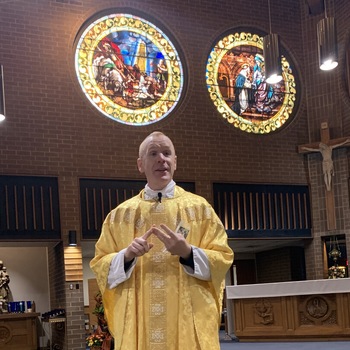
Courtesy St. Paul Catholic Church
Father Roberts grew up in Logansport, Indiana, in a family of six children (he was the youngest). He graduated from Logansport High School as valedictorian and went on to graduate magna cum laude from Harvard. No easy feat.
When he decided to pursue the priesthood, he attended the North American College Seminary in Rome (where he learned to speak Italian; he could also fluently speak Spanish from travels in Spain and Mexico, leading many Spanish masses and bringing many Hispanics back to the faith) and was ordained a priest in 2007.
Prior to his death, he was still pursuing knowledge, a lifelong pursuit for him, which is one of the interests we shared — a thirst for knowledge — though my intellect is not even in the solar system of his :).
In 2020, he was completing his licentiate in Mariology at the University of Dayton — all while serving as pastor of TWO parishes.
I was honored to be able to attend his thesis defense (online via Zoom due to the pandemic) in May of 2020, which he passed with high honors. His thesis had been a struggle, which he persevered through, after having to rewrite everything when he thought he was finished and then revise it yet again. He was awarded his licentiate posthumously in December 2020.
Father’s Impact on the the Diocese of Lafayette Indiana
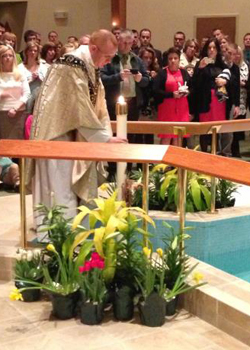
Courtesy St. Alphonsus Liguori Catholic Church
When I reflect back on Father’s life, I was amazed to remember how many ways he gave to his parishioners and the members of this diocese.
Here is but a handful of the acts I personally remember and I’m sure there are so many others I don’t even know about (please comment below with any other memories)…
1. Father was one of the few (if not the only) priests who could lead a full Latin mass in our diocese, and he did so frequently for the benefit of those who desired this traditional form of the mass.
2. During his time at my parish, St. Alphonsus Liguori in Zionsville, he started a group of men to perform Gregorian chant at mass. So cool!
3. I remember a Divine Mercy Sunday where he offered confession after mass for as long as anyone wanted to come. This was because on Divine Mercy Sunday there is a special indulgence (a way to purge some of the punishment due to sin you have committed) for those who attend confession, receive communion, participate in public devotion to The Divine Mercy and pray for the pope’s intentions.
It was a WONDERFUL offering that I took advantage of, as did many others, because it is so convenient to attend confession when you are already at mass. Father stayed there for HOURS, hearing the confessions of our parishioners. What a blessing!
4. While at St. Alphonsus, I remember seeing him walk around our small town in his full cassock praying the rosary. What a brave and very visible witness to the Catholic faith!
5. Father was also friends with a very devout Catholic young man, Nathan Trapuzzano, whom he met during his time at Ball State University and who was tragically murdered on a morning walk in Indianapolis in 2014. Father had presided over Trapuzzano’s wedding, where he shared in a 2020 homily that the devout young couple had asked that everyone attend confession before attending their wedding mass :).
The couple had been married less than a year, and his wife was expecting a baby when Trapuzzano was shot and killed.
At his funeral mass, Father encouraged mourners to focus on forgiveness, and his wife did amazingly later forgive his killer, according to Father.
“Nathan would have wanted everyone here to know something in our bones,” said Father Roberts, according to the The Criterion. “Each one of us here is loved with an infinite, personal and unconditional love by a merciful God. There is nothing that we can do that God will not forgive. We can refuse to accept that mercy, but God will never stop extending it.
“The last lines of the Prayer of Saint Francis capture the Christian mystery that gives us hope today: ‘It is in pardoning that we are pardoned; and it is in dying that we are born to eternal life.’”
6. At another point, Father shared with me that he had been helping a blind and lame Christian minister friend of his to sell his church, move all of this possessions and find a new place to live. A quiet act of kindness that I doubt many knew about, again in the midst of overseeing two parishes himself and in graduate school…
7. And after his death, a woman at our parish shared how Father had prayed over her while she was very sick during pregnancy and she was healed. Afterward, when the baby was born and suffered seizures, he came to visit on Easter Sunday and insisted on baptizing the baby. She was completely healed of her seizures. The woman said, “We believe that God will continue to use Father Roberts from heaven and we will be watching for his miracles.” Amen.
I’m sure this barely scratches the surface.
Father’s Impact on My Life
Prior to Conversion
Although I don’t remember exactly when, I likely first met Father Roberts when attending one of my first masses at St. Alphonsus in December 2011. I begin feeling called to go to mass after many years of stating that I would NEVER be Catholic ;-), despite marrying into a Catholic family, though my husband was not practicing.
Within about a month or two of that first mass, I decided to explore converting to Catholicism (you can read more about my conversion story here). When I reached out to the parish, they told me it was too late to join the group who would become members of the Church on Easter 2012, but I could start classes that fall.
In the meantime, I went to mass every weekend and then started going to daily mass in the summer of 2012. My first real memory of Father is his presiding over those daily masses most days.
His homilies that summer focused on sharing about the saint whose feast day it was. I distinctly remember his homily about St. Benedict and his constant call to daily conversion. I was hooked and started down the path of reading the Rule of St. Benedict.
Even though I wasn’t yet Catholic and couldn’t yet receive Communion, I always got in line to receive a blessing instead (I figured I’d take as many blessings as I could get!). Father later recounted to me that he wondered why I never received communion. If people are in need of confession, they also don’t receive communion, so he couldn’t figure out why I didn’t just go to confession ;-). He learned soon enough!
When my oldest son was preparing to receive First Communion while Father was at our parish (the same fall I was starting RCIA classes to join the Church), he decided to call EVERY family with a child going through First Communion and offer to visit them at their home that fall, answering any questions they had. Amazing! He truly wanted to connect with his parishioners and at one time said he had visited more than 120 homes in one year!
Even though I was very nervous to have a priest in our home (this was all new to me!), I did welcome the opportunity and invited him to come by.
This was my first real encounter with Father, and he now understood why I didn’t receive communion: I wasn’t even Catholic yet!
He kindly blessed our home (and our dog!) and sat down with us to have a chat. When he learned I wasn’t yet Catholic, he invited me to ask any questions. I remember having a long conversation with him about purgatory, as that was a concept I didn’t understand, and he gave me some great book recommendations.
I love to learn and am never afraid to ask questions and apparently he didn’t mind, thank goodness, because over time, he got A LOT of questions from me :).
I was blessed in 2013 to join the Church on Easter, and Father Roberts was one of THREE priests to anoint me with the oil of Confirmation. I will be forever grateful that he confirmed me!
After Conversion
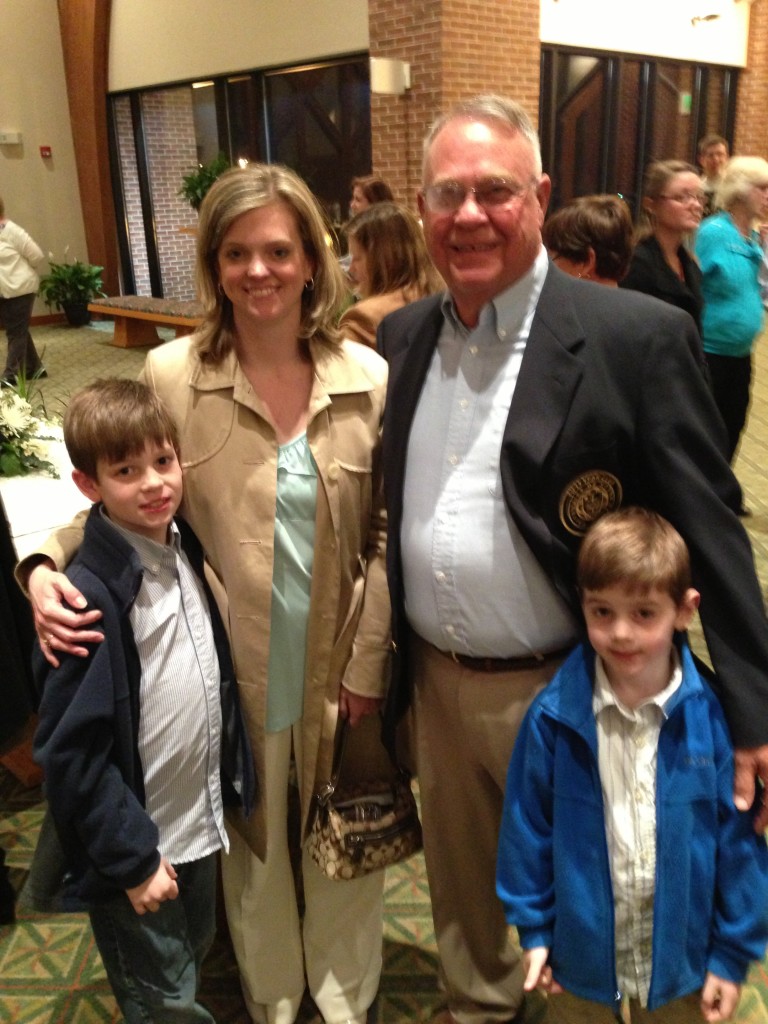
Me after being confirmed in 2013 with my father-in-law, who was my sponsor, and my kiddos
Shortly before I joined the Church, Father posted in the parish newsletter looking for some help to “upgrade” his blog. Around that time, I had started this Catholic Newbie blog to document my journey into the Church and help others converting to Catholicism. I also helped clients maintain their blogs as part of my small business, so I reached out to him to see if I could help.
We sat down that spring and chatted about my blog and his (For Christ and the Church, which he later shut down, unfortunately, as I would enjoy going back and reading some of those posts) and started getting to know one another better and discover some of our shared interests.
Both of us were writers, both were interested in sharing the faith through new media, both loved to read, and turns out, while I was a total newbie compared with him, both were interested in language learning.
He ended up loaning me his Latin language workbook after that meeting, as I endeavored to learn some more Latin.
Later we would learn we both have a love for travel, as he led many pilgrimages and I’m now a travel writer and blogger.
That summer, Father was moved to a new parish, and we didn’t touch base again until I started to do some more writing for national Catholic websites.
I turned to him as an expert source for my articles every year or two, because, well, he certainly was an expert on Catholicism! He would kindly direct me to key Church documents to reference for my articles and give me a quote or two. And here and there he would comment on my blog or link to it and vice versa.
The first piece I ended up writing was on the topic of if priests and bishops should be living in lavish homes, and he provided some insight and his opinion (Father did have strong opinions! :)). I first published it on my blog and then on CatholicStand.com.
Then in 2017, we met in person, and I interviewed him for an article on penance that I wrote for the National Catholic Register. This is one of my favorite articles! In a future post (as this one is already quite long), I will share with you some of his wisdom that did not make it into the article and some other gems of his.
That day, we had a great chat, and it began a series of regular get-togethers where we would discuss the faith, debate it (we disagreed on some things, but both enjoyed the discussion), chat about better ways to propagate the faith among both his parishioners and among RCIA participants (my interest), and, as always, I would ask him a lot of questions, which he so kindly and patiently answered :).
I decided that perhaps God put him in my life so I could learn from him, though I could not imagine what value I provided in return aside from a kindred spirit. This holy, brilliant man who was pastor of TWO parishes, initiating and making the time to meet with me and answer my elementary questions. Incredibly kind and generous.
In the fall of 2019, my mother slipped into dementia seemingly out of the blue (at least to me), and I had to cancel a coffee we had planned. This was a very stressful time, as I had to figure out what was wrong with her and get her into a safe environment (she lived alone about 4 hours from me), and he repeatedly so thoughtfully reached out to check in on me and assure me of his prayers for us both. So comforting!
While this journey with my mother’s dementia has been painful and full of mourning, God was truly with us every step of the way, providing me with solutions at every turn, which I attribute in part to his prayers.
A bit of a prophetic statement he made to me during that time… “All of us either get older or don’t. As I look forward to going through that [dementia] without any family that is close, I find myself thinking that living much past 80 may not be a good goal to set.”
It does seem that many saints die in their 40s…
During the Pandemic
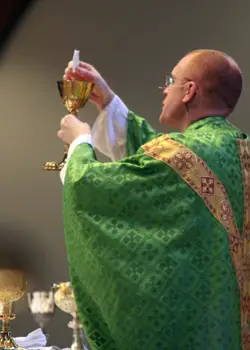
Courtesy St. Alphonsus Liguori Catholic Church
We continued to interact over email and then on Zoom as the pandemic got into full swing. During this time, someone attempted to rob him and then in another incident someone tried to steal his car, as well, leading to concern about his safety.
For me, the period of quarantine early in the pandemic led to a time of internal reflection and quiet and a clearer understanding of where God is leading me in the faith. I felt the call to study theology more deeply and hoped he could help me, directing me what to study, and he did, of course.
I also desired to take a more active role in helping create a more basic approach to Catholicism for those interested in converting to the faith but intimidated by all the things they don’t know or think they need to learn. I had several ideas, including a podcast (now in the works!), and he offered to work with me on these projects.
He is now my patron for these!
Lastly, I had begun to study Italian in the last couple years but never really got serious about it until 2020. I shared with him that I was studying Italian once I felt like I could make an attempt at a conversation, as I knew he could speak Italian fluently.
He quickly decided that we should set up a regular time to “practice” Italian. It would help him, because he didn’t really have the opportunity to use it any longer, while it would help me, because I needed practice “speaking” it.
Again, such a generous gift of time from someone serving as pastor of a parish and finishing his thesis. I hope, at least, it was some fun leisurely time for him.
We had only done one formal Italian “chat” session before his death, though we had another one scheduled the week after he died. I instead used that time to pray a holy hour for him.
When I reflect back upon my time with him, I feel so blessed to have had such a holy person in my life and so sad to have it taken away.
Who will I go to with my theological questions now? Who will practice Italian with me? What priest can I count on to pray for me during my trials here on earth?
Though I feel certain I now have a saint in heaven praying for me, and it doesn’t get much better than that…
At the same time, I can’t help but wonder why God granted me such a gift. Maybe one day I will know.
In Summary
Although I only knew one small side of him, I hope sharing that bit of insight enlightens others as to a better and more complete understanding of who he really was.
I hope that you can see more of the man behind the exterior and all the quiet yet kind, generous, merciful and wonderful things he did under the radar.
Father will be remembered, not just by me, but by his many fellow priests, his many parishioners spread over multiple parishes and of course his family and friends, as a reminder of what it looks like to live the life of a saint. I’m not saying he was perfect, none of us are, but he is certainly a wonderful example of what living the call to holiness looks like.
Requiescat in pace, Father, and please pray for us… One day, we shall meet again!
